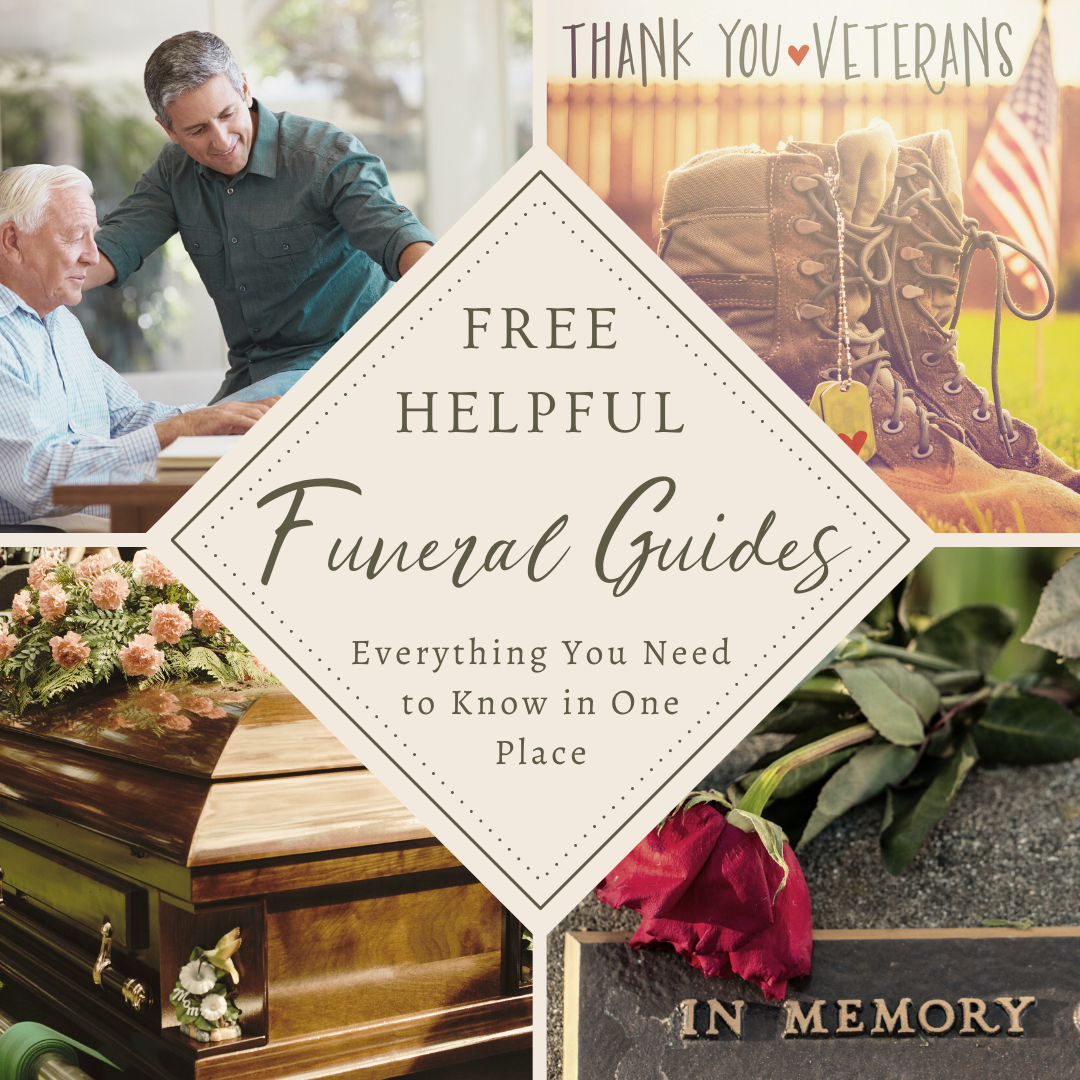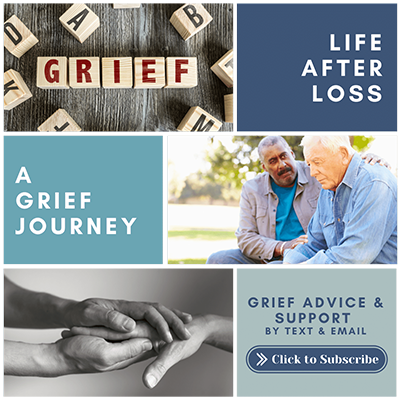Let’s look at some amazing benefits that a sick person can receive under hospice care, which are different from Medicare.

Medicare recipients know that there are quite a few benefits that Medicare Parts A & B don’t cover, such as medical equipment. There may also be things that you have to pay extra for, such as prescription medicines under the optional (and expensive) Part D.
Medicare recipients also know that there is always a co-pay for doctor’s visits. And that there are a lot of medical procedures that either have very high co-pays, aren’t covered at all, or are difficult to obtain.
The good news is that this all changes when a person’s doctor approves them for admittance to hospice.
Let’s look at some amazing benefits that a sick person can receive under hospice care, which are different from Medicare.
1. Most hospice doctor-prescribed medications are no-cost, and the highest co-pay is $5.
2. No Medicare Part D is needed for hospice medicines.
3. Hospice does not "ration” painkillers and other needed medications, regardless of cost.
4. All hospice doctor, nurse, therapist, or aide home visits are no-cost and no co-pay.
5. Emergency medical transportation in the event of a crisis that requires transfer to a hospice-approved medical facility from home is no-cost and no co-pay.
6. All medical equipment ordered by hospice such as a hospital bed or transfer equipment like a Hoyer lift or wheelchair, is no cost and no copay.
7. Hospice provides "respite” care at no charge so that family members taking care of the patient in their home can get take up to 5 days off.
The patient is simply transferred to hospice in-patient care for the family’s respite period.
8. Hospice provides licensed professional counseling to both the patient and family members who are caring for the patient at no charge.
9. In instances where the patient is in severe, crisis-level, uncontrolled pain and suffering, hospice can provide 24-hour continuous care at home, at no charge. This continuous care only continues until the crisis has passed, if and when it does.
10. Hospice can train and approve family members to administer medications, including narcotics when needed, without exposing the family members to any legal consequences.
These are only some of the major differences between the benefits that a person on Medicare with normal illness or disease can receive, versus what a person who is placed under hospice care can receive. Family members should always ask the hospice doctors and nurses for whatever supportive care they think is needed. It is very likely their request will be honored.

